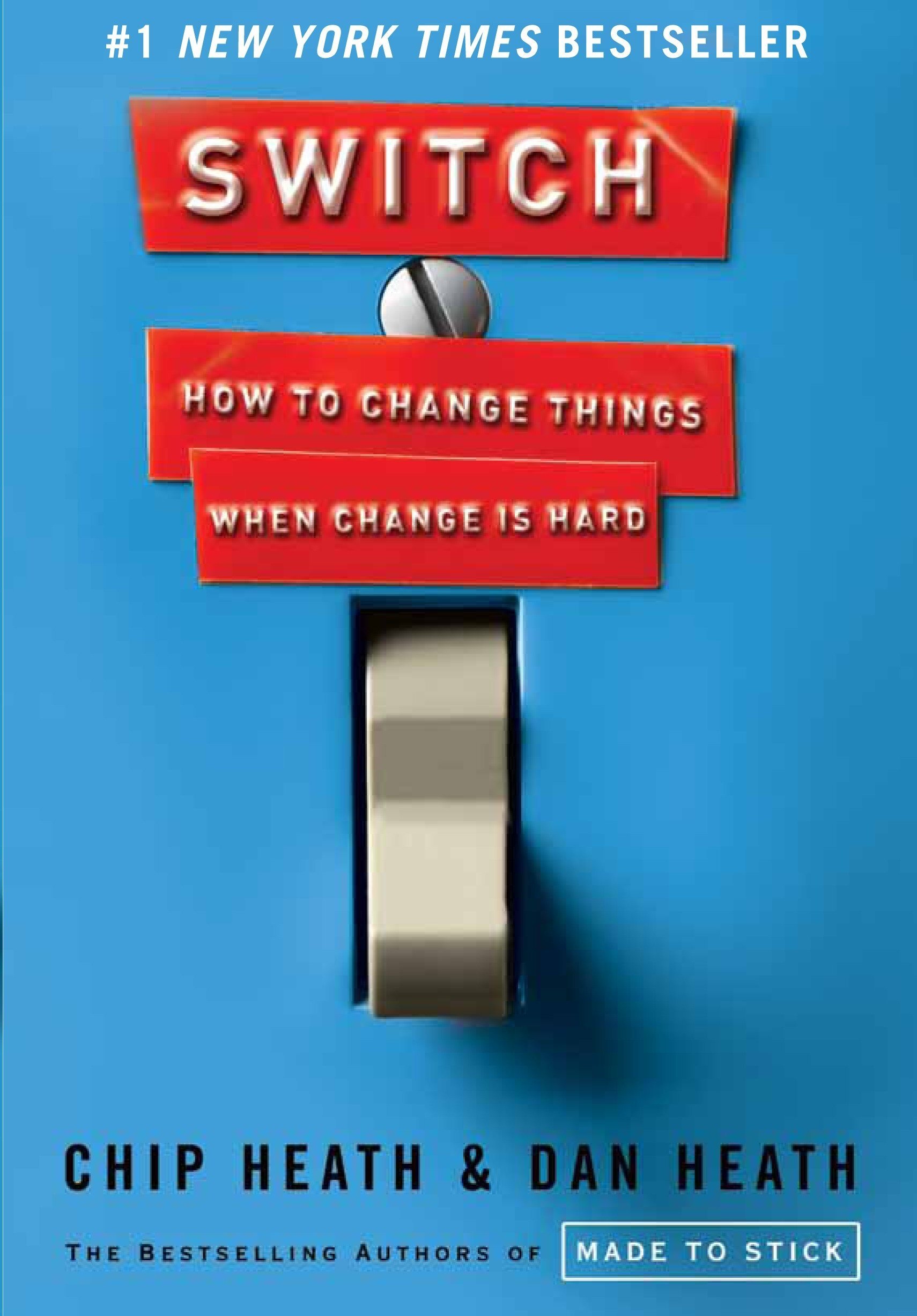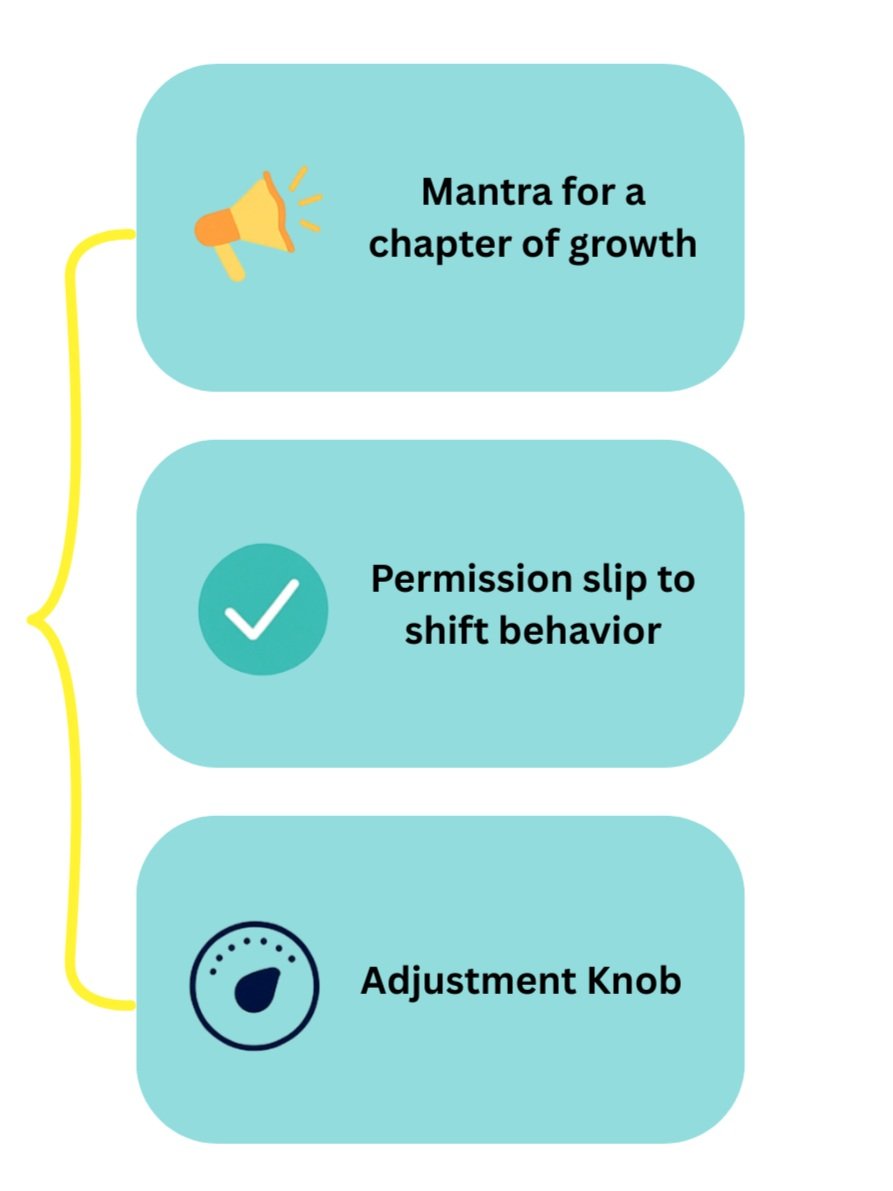Book Club or Bust: How First Stop Health is Reading through COVID-19
TLDR; First Stop Health (FSH) is taking book club online and spoiler, you don’t have to have read the whole book to gain the value! This past quarter, telemedicine company First Stop Health read Dan and Chip Heath’s book “SWITCH: how to change things when change is hard”. The basic premise of the book is that to make efficient and effective change you have to direct the Rider, motivate the Elephant, and shape the Path. First Stop Health is applying the concept to how they run their business and how employees run their lives.
Most companies are searching for ideas to take the workplace community and collaborative culture online: virtual happy hours, Hawaiian shirt Fridays, and “pets in the workplace” photo competitions. These are all great, especially at keeping up casual relationships and releasing stress. But what if there was something you could do that actually bettered your company and your people at the same time without causing Zoom fatigue? Well, First Stop Health (FSH) has figured it out: it’s as simple as the good old fashioned book club.
The Logistics: FSH initiates a once a quarter book club meeting. It’s only 30 minutes and anyone that’s read the cover can join the conversation. Best part is, FSH pays you to learn whether that be through audiobook, digital or physical copy. Each quarter one employee chooses a book and they lead the discussion for that quarter’s meeting. Books have ranged from combatting work silos in The Silo Effect to learning about leadership in Leadership is an Art. As long as you think there is a chance that the book can provide personal and professional value, it fits the bill. A simple calendar invite and meeting room (virtual or otherwise) is all that’s needed to start the conversation. The structure of the typical conversation is as follows:
What’s your overall impression?
What were the key concepts that stood out to you?
How does this book apply to how you work and how you can work better?
The Book: This quarter’s book is perfect for these unprecedented times. It’s all about creating and sustaining successful change from stopping toddler tantrums to launching Target fashion. And it’s littered with scientific studies and short stories illustrating change. Using analogies from The Happiness Hypothesis the Heaths’ advocate that change is about the Rider, the Elephant, and the Path. The rational side, or the leader and the holder of the reins is the Rider. The six-ton Elephant is our instinctive human and emotional side. And the Path signifies the direction and road both Rider and Elephant travel. You must appeal to both Rider and Elephant while charting an unobstructed and focused path to change.
Three key concepts from the book were mentioned by almost every participant: “bright spots”, “destination postcards”, and “checklists”.
Bright spots: the Rider sees problems everywhere and suffers from analysis paralysis. The bright spot philosophy asks one question: “What’s working and how can we do more of it?” Directing the Rider becomes much easier when you are exploring success, not problems.
Destination postcards: the Rider can’t see the final destination unless you release a sneak peek. Destination postcards allow the “near-term future possibilities” to become reality. Creating that postcard picture motivates the Elephant and directs the Rider.
Checklists: to make behavior more consistent and habitual you need to shape the Path through the concept of checklists. “Checklists make screwups less likely” and avoid the Fundamental Attribution Error. These aren’t to-do lists, these are scripting critical elements of the Path to ease the burden on both the Rider and the Elephant.
The Value: The best part is that the majority of FSH’s book club conversation wasn’t about the book itself. It was about applications from the book employees were implementing in real time! FHS’s book club consists of employees from almost every department and every level of the organization allowing for rich discussion. One of the tech team members shared that they have adopted an “appointment with self” time slot each week. During this time they have started to implement the “checklist” mentality thinking through the pathway set for the tech team and how more critical action steps, guidelines, and short-term goals can be created for a more efficient journey. Another team member highlighted how they’ve searched for “bright spots” in the process of writing software and another member the “bright spots” they’ve come across in the account management department, even in the time of the coronavirus crisis.
“Your inbox is simply somebody else’s to do list.”
One final tidbit shared was that “your inbox is simply somebody else’s to do list.” Sometimes by setting aside the Path obstacle, like your overflowing inbox, and directing the rider somewhere else, you can motivate the elephant to focus on using its strength for staying on the most critical Path. After all is said and done, FSH employees know that “self-control” is an exhaustible resource and tugging on the reins alone can only move an Elephant so far. But First Stop Health employees are using their resources to direct their riders, motivate the elephants, and shape the pathway towards success at FSH and beyond.
Written by Jacquelyn Christensen












